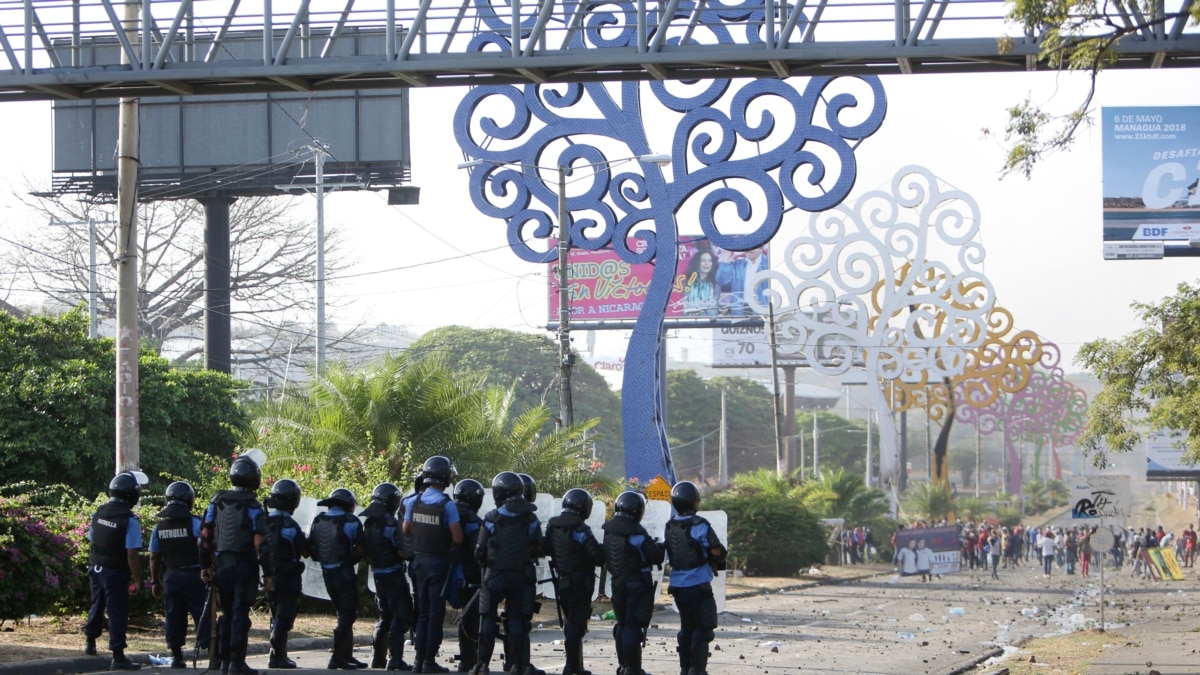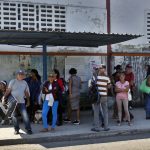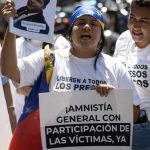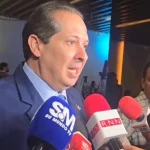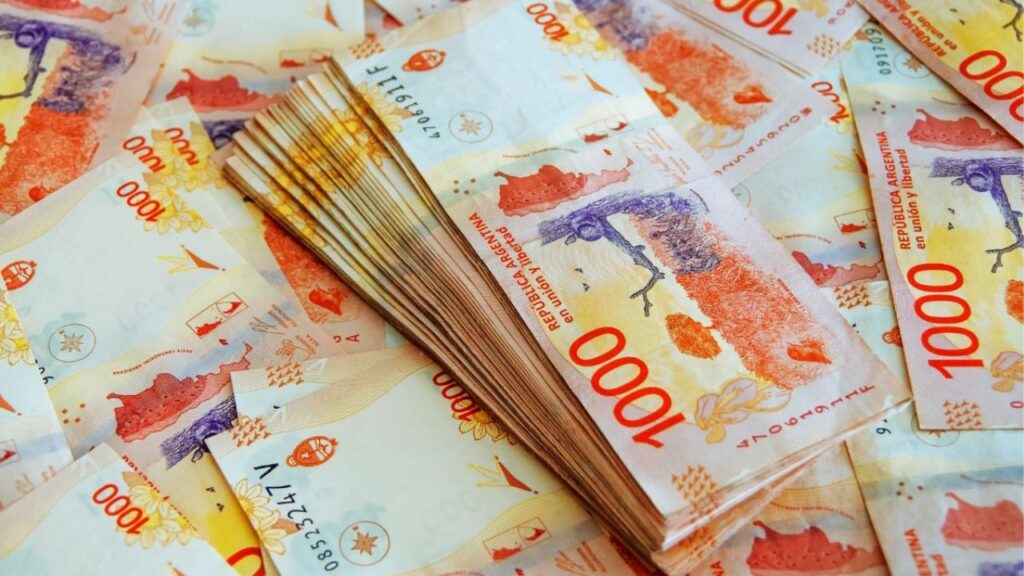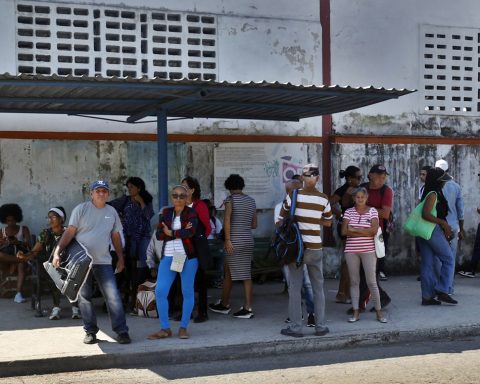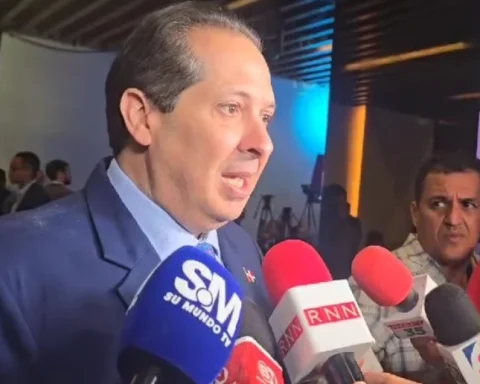Today, a simple comment on social networks could be enough to go to jail in Nicaragua, as is how it happened to the philosopher, sociologist and professor Freddy Quezada: this is how the worsening of the political crisis in Managua is summarized, which turns six years old this April 18.
The protests against President Daniel Ortega that left more than 300 dead and thousands of exiles due to repression, emerged in the midst of social unrest in April 2018.
Numerous experts assure that the crisis in Nicaragua has become radicalized. In fact, the so-called Blue and White Monitoring, made up of local experts in Managua, count at least 11,000 human rights violations in Nicaragua in the last six years. But what have been the actions of the Nicaraguan government that lead to talk of “radicalization”?
1. Prohibition of all types of demonstrations
As a result of the uprisings, in September 2018, Daniel Ortega’s government banned all types of demonstrations in Nicaragua. The opposition has denounced “a de facto state of siege” where there are no constitutional guarantees that allow citizens’ right to protest.
Likewise, the Nicaraguan government has also opted for other actions to avoid concentrations, such as the centralization of power for massive gatherings, such as concerts, plays, and other activities. To hold a rally of this type in Nicaragua, permission must be requested from the National Police.
“There have been six years of political crisis, but also of human rights in Nicaragua,” he tells Voice of America the feminist sociologist María Teresa Blandón.
Blandón assures that “the authoritarian and totalitarian radicalization of the regime has been increasing, but they have not changed.”
“They have resorted to disinformation campaigns, smear campaigns, but also open repression. It has not changed, it is not new,” he said.
2. Stripping of nationality from opponents and exile
One of the latest actions committed by the Nicaraguan government in the context of the sociopolitical crisis in Managua, has been the dispossession of nationality of some opponents.
As of April 18, 2024, the president of Nicaragua, Daniel Ortega, has stripped the nationality of 317 opponents and critics of his government, whom he also sent into exile, accusing them of “traitors” and “sellers of their country.”
“This act is incompatible with the Universal Declaration of Human Rights, which establishes that everyone has the right to nationality, and we condemn the Nicaraguan government’s measure to restrict the nationality of 94 other citizens,” he told the VOA at the time the spokesperson for the State Department, Vedant Patel.
3. Expropriation of media and exile of journalists
Ortega’s government has closed dozens of media outlets, alleging that they were part of “an attempted coup d’état” in the 2018 protests.
Media such as La Prensa, the oldest in the country, operates from exile after the government confiscated its facilities in September 2022, as well as those of a dozen other media outlets. Likewise, there are more than 200 exiled journalists, according to reports.
“We had never taken the entire editorial team out of the country,” he told the VOA the editor of the newspaper La Prensa de Nicaragua, Eduardo Enríquez.
The government also arrested the director of Canal 100%Noticias, Miguel Mora, and the press chief, Lucía Pineda Ubau, for several months on alleged charges of terrorism.
4. Diplomatic attack against the opposition
The Nicaraguan government has also attacked at the diplomatic level against those who have criticized “human rights abuses in Managua”, as the United States recently referred to the political crisis.
In November 2021, Nicaragua held its presidential elections. Daniel Ortega arrested all presidential candidates until re-election in “elections without competition,” as cataloged by the Organization of American States (OAS), whose headquarters in Managua was later expropriated by the government.
The Ortega government announced its departure from the OAS, after ignoring the elections in Nicaragua.
Former Nicaraguan deputy and political analyst Eliseo Núñez assures that Ortega has found in the 2018 protests “a reason to justify his repression.” “Ortega has always taken this type of path, in the 80s during the war he did,” he recalled.
A year later, in July 2022, the government escalated the country’s conflict to the diplomatic level. He accused diplomat Hugo Rodríguez, nominated by US President Joe Biden for ambassador to Nicaragua, of “interference” and “getting involved in national issues.”
The ruling party reported that “the approval granted to the applicant was immediately withdrawn.” Hugo Rodríguez, as US ambassador in Managua.
Since then, the United States has only one chargé d’affaires in Managua.
The government also expelled the representative from Pope Francis, Nuncio Waldemar Sommertag, in March 2022. The Vatican said that the decision by Daniel Ortega’s government to expel Sommmertag was “serious” and unjustified.”
Sommmertag arrived in Nicaragua in May 2018, just when the anti-government protests began that left more than 300 dead and thousands injured and exiled, according to international NGOs.
5. Day against the Catholic Church
The Catholic Church, considered the last pillar of civil society left standing in Nicaragua, after the persecution of opponents and social sectors, also received attacks from authorities close to Ortega.
The government began arrests against priests and other leaders, such as Monsignor Rolando Álvarez, bishop of a local diocese.
The Nicaraguan government released Álvarez and the rest of the detained religious, however, it stripped him of his nationality, and banished him in an agreement with the Holy See.
Connect with the Voice of America! Subscribe to our channelsYoutube, WhatsApp and to newsletter. Turn on notifications and follow us on Facebook, x and instagram.
